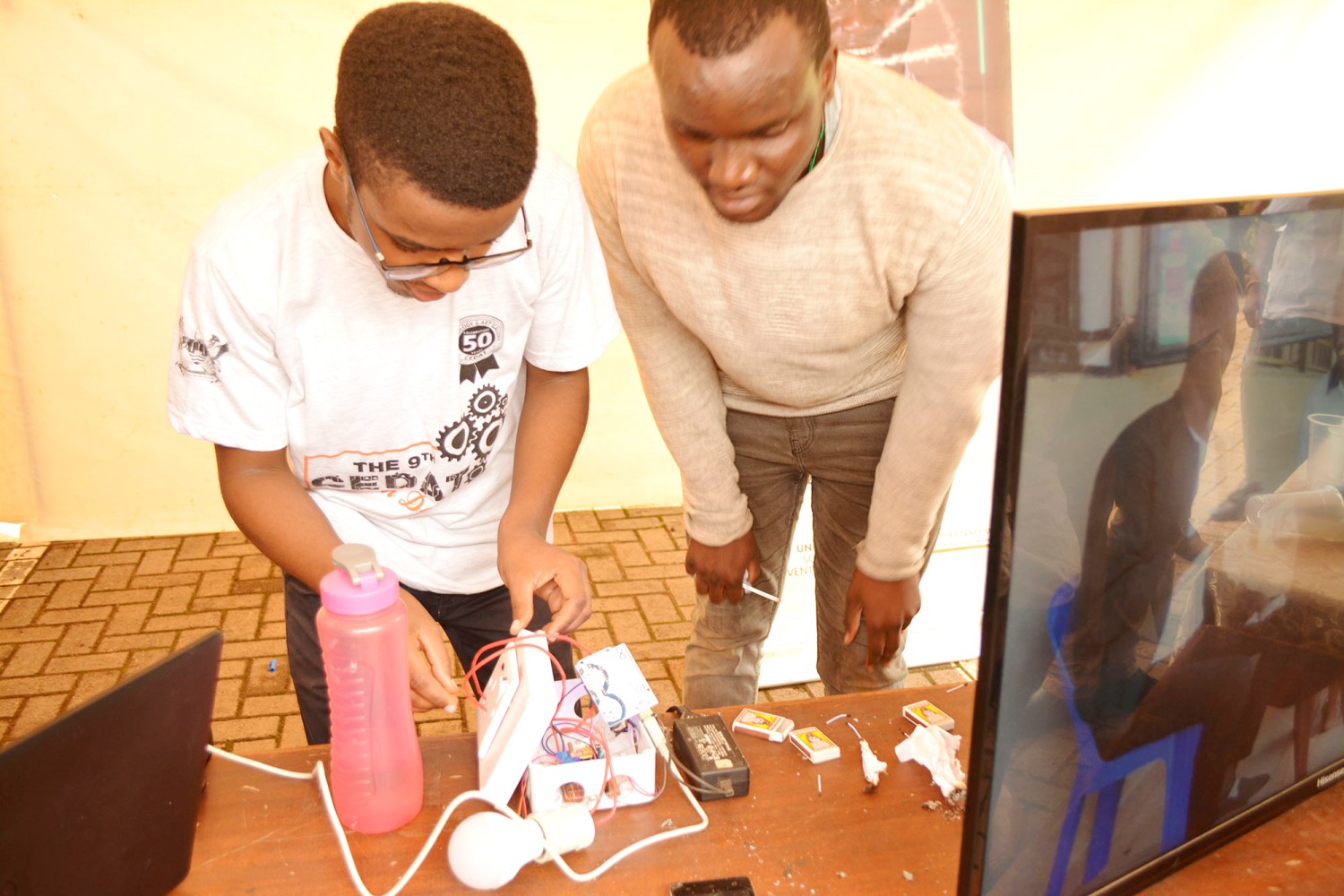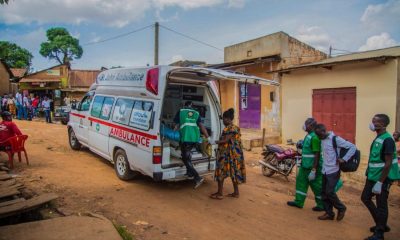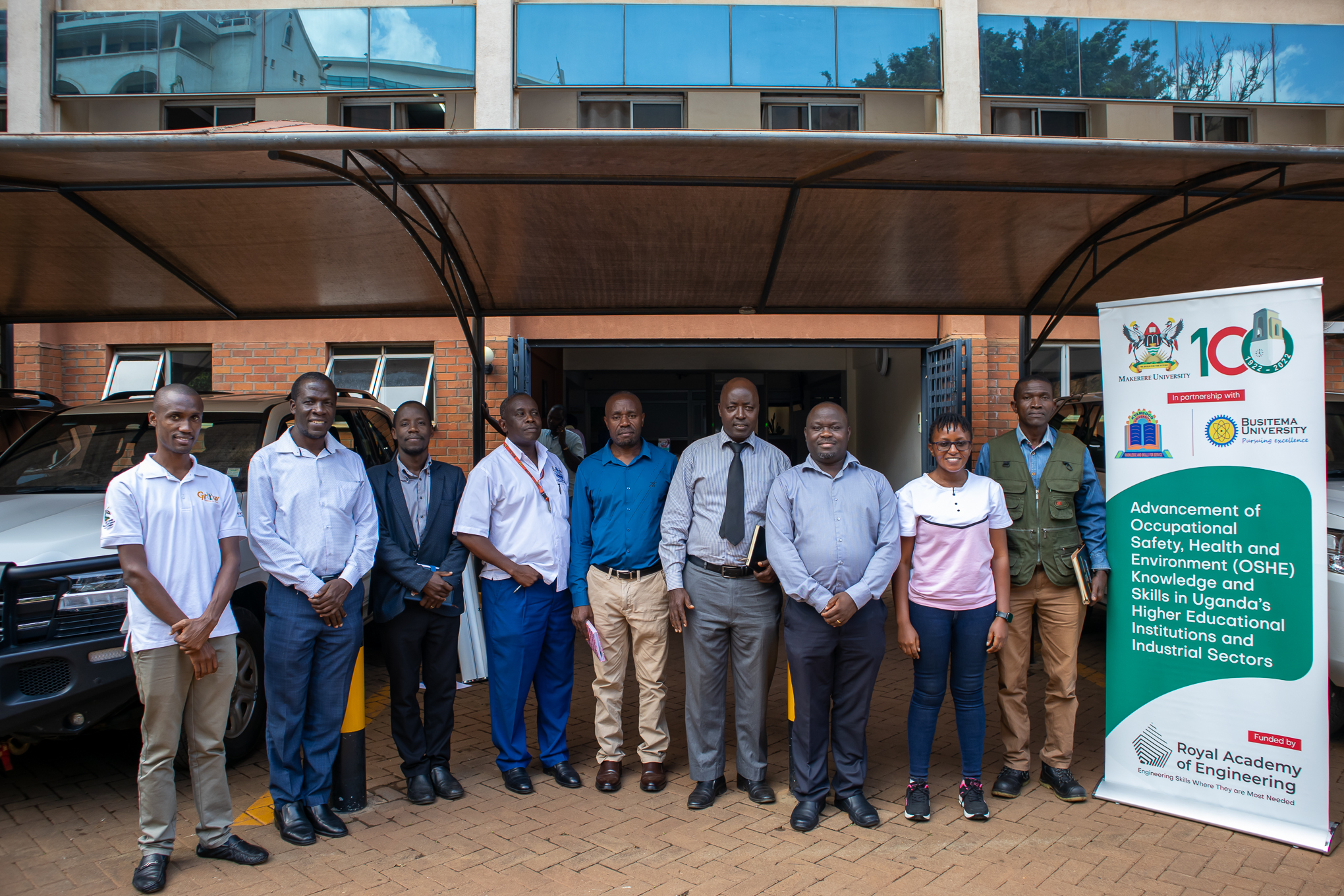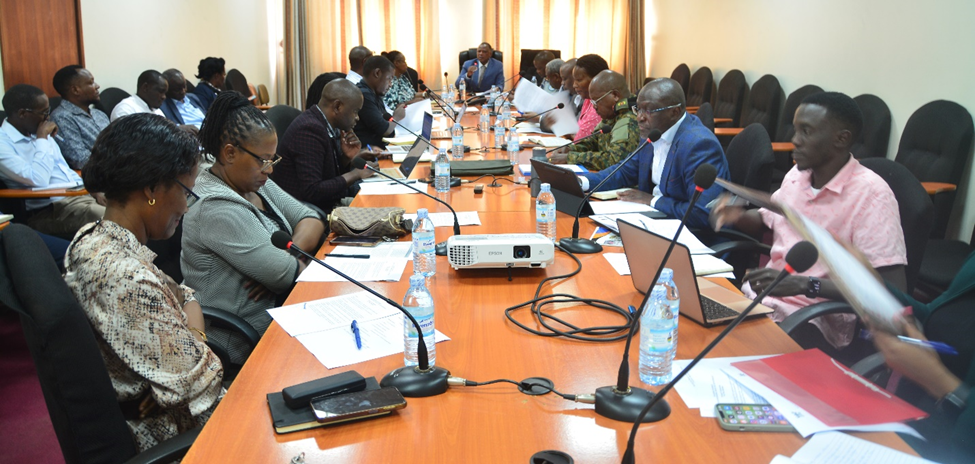Engineering, Art & Tech
PhD Fellowship Advert: FLYgene Project

Engineering, Art & Tech
Makerere’s Exhibition Show cases Art as a catalyst for Decolonisation
Engineering, Art & Tech
CEDAT’s OSHE Project Team Meet OSH Officials at Ministry of Gender to Strengthen National Safety Policies
Engineering, Art & Tech
Ministry of Defense and Veteran Affairs Conducts Stakeholder Consultation on Defense Research and Development Policy at Makerere University
-

 General2 weeks ago
General2 weeks agoPress Statement: Makerere University Congratulates Former Staff and Students on Successful Election to Public Office
-

 General2 weeks ago
General2 weeks agoPress Statement: Makerere 76th Graduation Ceremony
-

 General4 days ago
General4 days agoCall for Applications: Admission to Postgraduate Programmes 2026/2027
-

 Natural Sciences5 days ago
Natural Sciences5 days agoSimon Mungudit: Mak’s Best Performing Male Science Student & Rising Star in Petroleum Geoscience
-

 Health6 days ago
Health6 days agoCall For Applications: MakNCD Masters and PhD Training Opportunities











